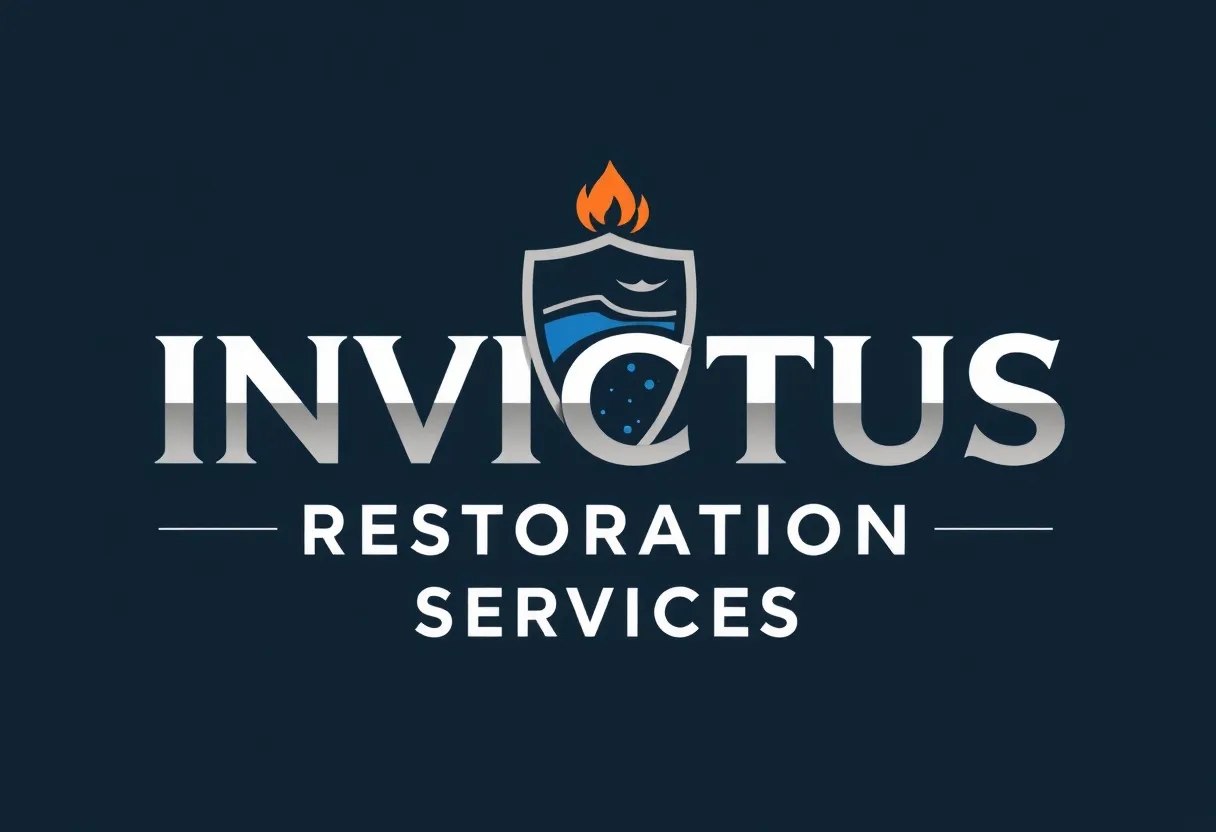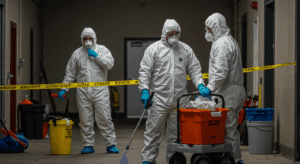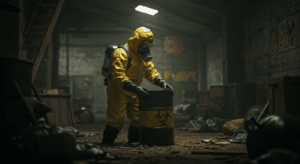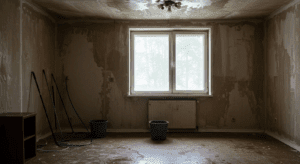Biohazard cleanup is a critical and specialized field that requires proper training and expertise. In Canada, the demand for qualified biohazard cleanup technicians is growing, driven by the need for safe and effective management of trauma scenes, crime sites, and hazardous materials. This article delves into the essentials of biohazard cleanup training in Canada, covering course offerings, essential skills, and how to get started in this vital profession.
Introduction to Biohazard Cleanup Training
Biohazard cleanup involves the removal and decontamination of hazardous materials, such as blood, bodily fluids, and other potentially infectious substances. This work is crucial for ensuring public safety and preventing the spread of diseases.
Overview of the Importance of Biohazard Cleanup
Biohazard cleanup is not just about cleaning; it’s about restoring safety and peace of mind to affected individuals and communities. Proper training equips technicians with the knowledge to handle hazardous materials responsibly, adhering to strict safety protocols and legal standards.
Key Responsibilities of a Biohazard Cleanup Technician
Technicians are responsible for assessing the scene, using specialized equipment, and following decontamination procedures. They must also navigate emotionally challenging situations with professionalism and empathy, ensuring the affected area is restored to a safe and habitable condition.
Course Offerings and Structure
Canada offers a variety of biohazard cleanup training programs designed to prepare individuals for this demanding field. These courses are structured to provide both theoretical knowledge and hands-on experience.
Overview of Available Training Programs
Training programs in Canada include certifications in trauma and crime scene cleanup, hazardous material handling, and personal protective equipment (PPE) usage. These programs are often accredited by recognized organizations, ensuring compliance with industry standards.
Details on the “Trauma and Crime Scene Technician” Course
One of the most comprehensive courses is the “Trauma and Crime Scene Technician” program. This course typically spans several weeks and includes both classroom instruction and practical training.
Course Duration and Schedule
The course duration varies but generally ranges from two to four weeks. Flexible scheduling options are available, including weekend and evening classes, to accommodate working professionals.
Key Learning Outcomes and Skills Developed
Participants learn decontamination techniques, hazard recognition, and the proper use of PPE. They also gain insights into legal and ethical considerations, preparing them for real-world scenarios.
Essential Skills and Techniques
Biohazard cleanup requires a unique set of skills and techniques to ensure safety and efficiency.
Decontamination Techniques for Biohazardous Materials
Decontamination involves the use of specialized cleaning agents and equipment to remove hazardous substances. Trainees learn how to identify contamination levels and apply the appropriate cleaning methods.
Mental Preparedness and Hazard Recognition
Working in biohazard cleanup can be emotionally taxing. Training programs emphasize mental preparedness, helping technicians manage stress and maintain focus in challenging environments.
Use of Personal Protective Equipment (PPE)
PPE is a cornerstone of biohazard cleanup. Trainees are taught how to select, wear, and dispose of PPE correctly, minimizing the risk of exposure to hazardous materials.

Getting Started with Your Training
Embarking on a career in biohazard cleanup begins with finding the right training program and understanding the requirements.
Registration Process and Requirements
Most training programs require applicants to have a high school diploma or equivalent. Some may also require a background check and proof of immunizations. Registration is typically straightforward, involving an online application and payment of fees.
Tips for Success in Biohazard Cleanup Training
To excel in training, stay engaged during classes, ask questions, and practice the techniques taught. Building a strong foundation during training will set you up for success in your career.
Resources for Ongoing Learning and Development
The field of biohazard cleanup is constantly evolving. Stay updated by attending workshops, reading industry publications, and participating in advanced training programs. Continuous learning ensures you remain at the forefront of best practices and safety standards.
For more insights into biohazard cleanup procedures, check out this guide.
Biohazard cleanup training in Canada offers a pathway to a rewarding and impactful career. By mastering the skills and techniques outlined in this article, you can play a vital role in ensuring safety and restoring normalcy in the aftermath of traumatic events. Whether you’re just starting or looking to advance your expertise, the opportunities in this field are both challenging and fulfilling.




